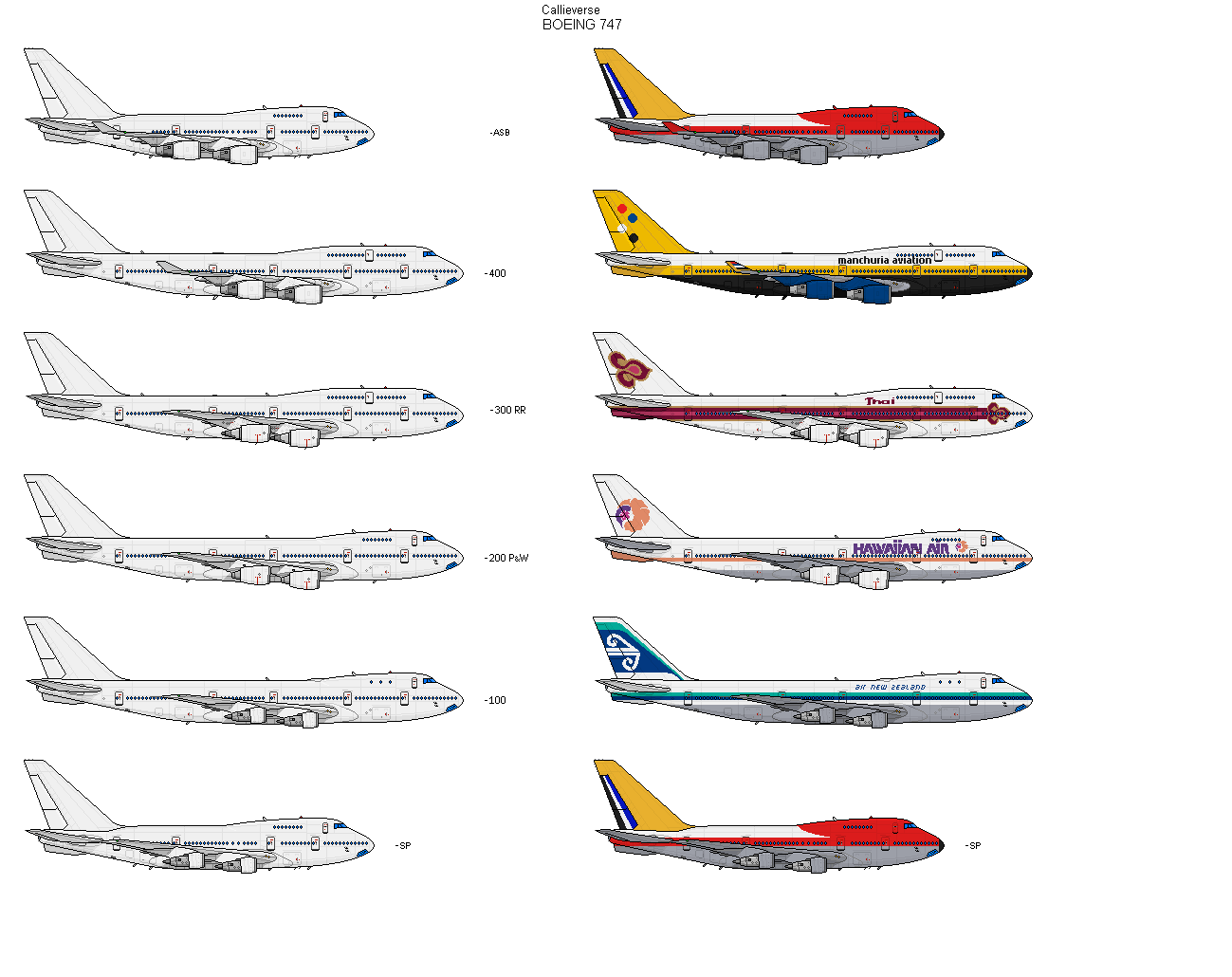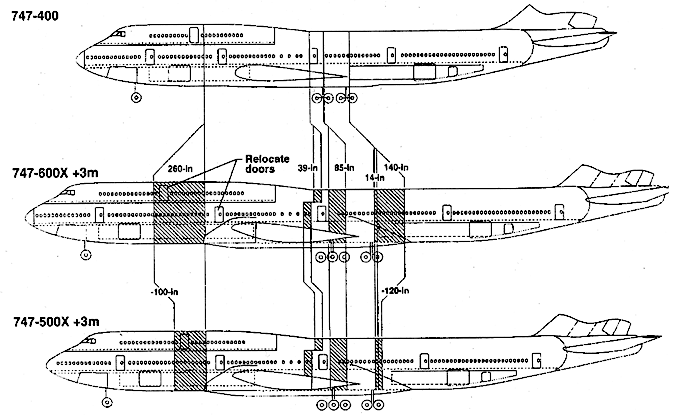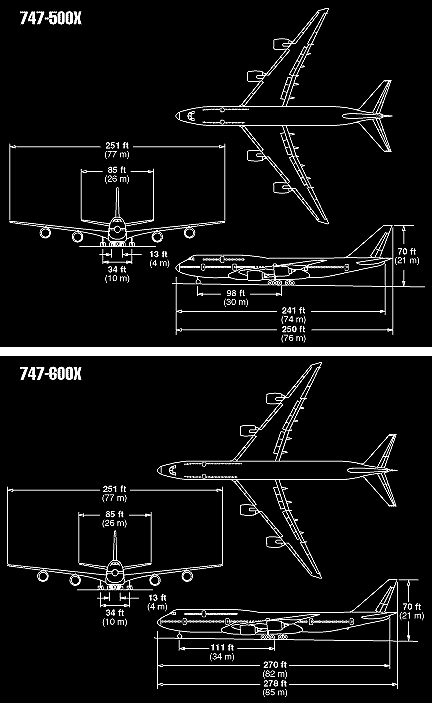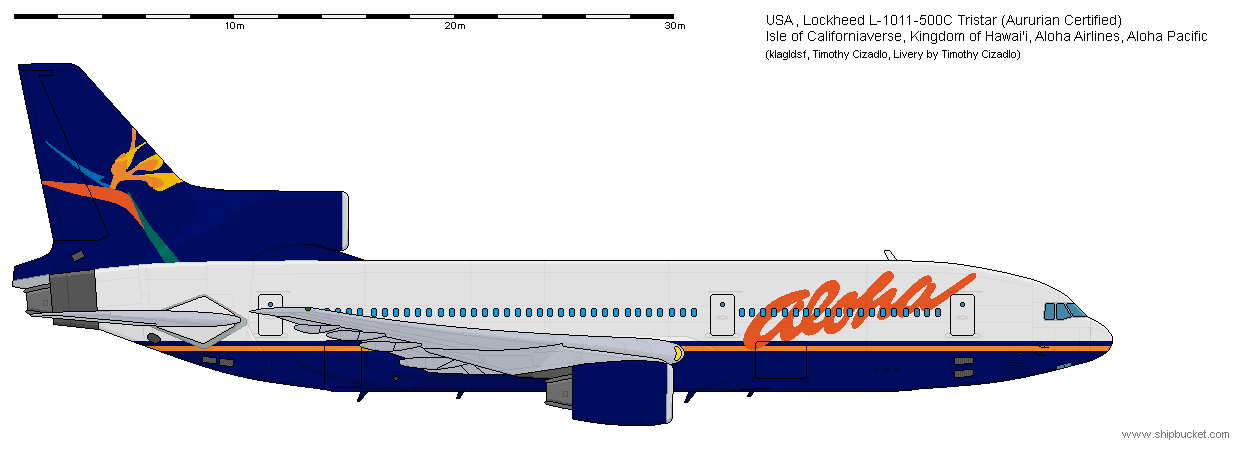
HIMS
Alinga lead ship of the last two battleships ever built by the Aururian Navy. Designed during the Great Pacific War, with a fundamental misconception of the specifications of the Yamato-type battleship, she was constrained by the need to use old guns and turrets from battleships canceled at Washington in 1922. Without this re-using that cut more than a third from the cost of the ships, they never would have been built. Neither saw action in the war they were built for,
Alinga completing in August and
Wuriupranili in November of 1945. (The second ship still holds the record for heaviest hull weight conventionally launched in the Empire.) Obsolescent upon completion, they held the state pictured above only until 1953, when the first of several refits updated their secondary gun mounts. Both continue to serve as training ships, rotating in and out of reserve until their so called 'BBGN' replacements are completed. Obsolete since all-weather strike aircraft arrived in the carrier fleet, occasionally being called upon shock and awe purposes, and the Admiralty desperately awaits their formal retirement.
Displacement: 86,000 tons Design (2/3rds fuel, all consumables).
Dimensions:: 320m x 41m x 11m (All waterline, at design displacement)
Machinery: 18 oil-fired boilers @ 575 psi/475 °C coupled in 6 groups of 3 boilers to 4 turbines, each driving one turbo-generator. 260,000 horsepower at the shafts from electric drive motors
Speed: 32.5 knots on trials with 75% fuel and full crew/consumables aboard.
Endurance: ~12,500 nm @ 19 knots.
Armour:
Belt: 420mm @ 18 degrees over citadel, 65mm splinter protection ends & internal belt backing, 40mm upper belt.
Deck: 40mm bomb deck over citadel, 250mm main deck, 65mm splinter deck, 275mm over steering gear
Turrets: 450mm face, 350mm sides, 250mm rear, 275mm roof, 450mm barbettes. Secondary turrets 200mm faces/hoists, 150mm roof.
Conning towers: 475mm forward, 140mm aft
Other: 140mm uptake protection, torpedo defense system rated against 600 kg TNT striking amidships.
Armament: 8 x 45cm/45, 18 x 15.5cm/50 HA/LA, 32 x 10cm/65 HA/LA, 48 x 84mm/50 RF HA (wartime fit), 6 x quadruple 25mm/75 AA, 4 x 3-pdr saluting.
Aircraft: 4 x 'Tatani' gunnery-spotting/ASW aircraft, 2 replaced by fighters when operating semi-independently
Crew: 2,508 as depicted, as high as 3,061 wartime design.





